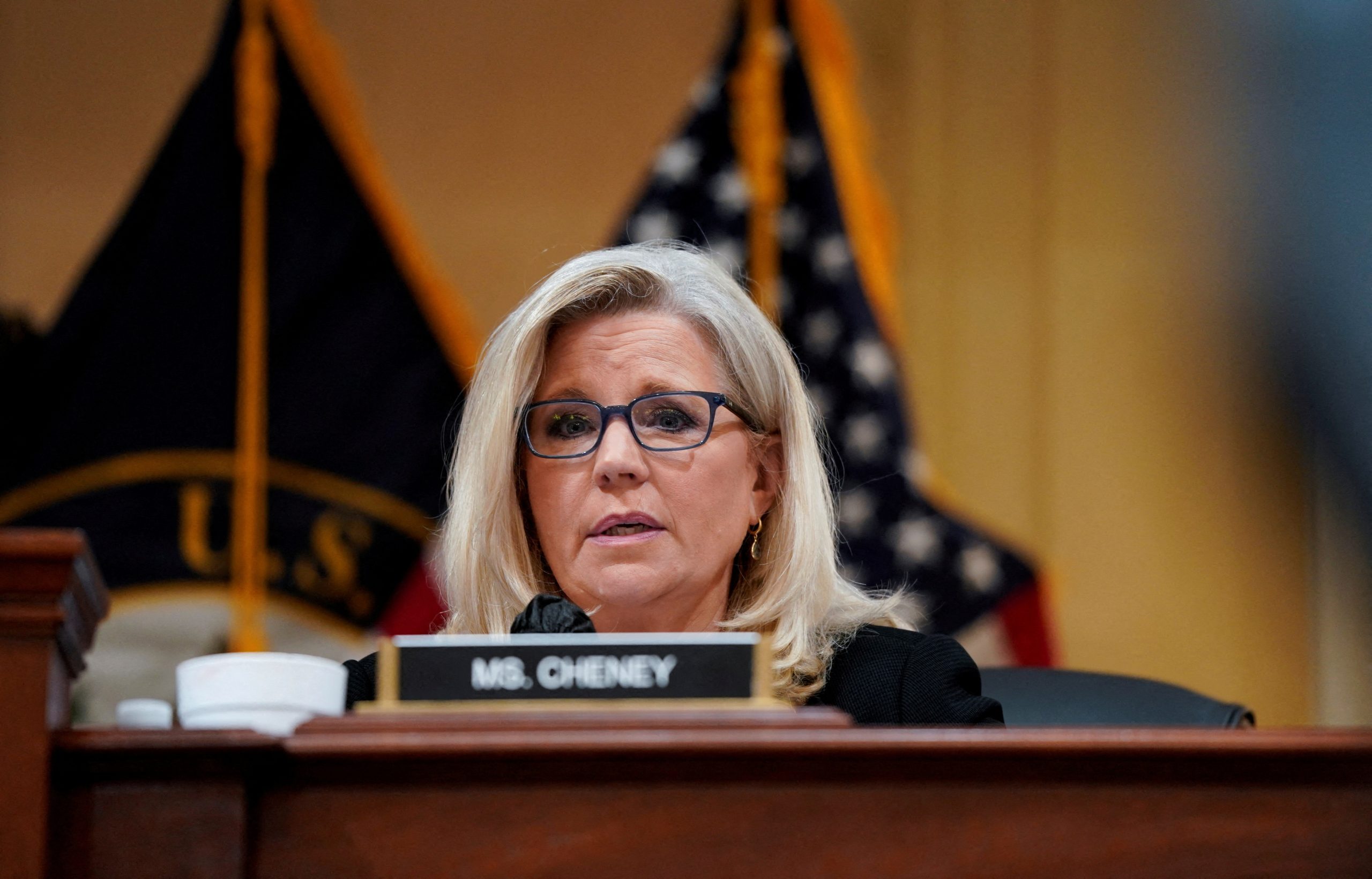
Lauren Moye, FISM News
[elfsight_social_share_buttons id=”1″]
Two heated Republican primaries might mark the end of two political careers Tuesday as GOP voters choose between Donald Trump-endorsed candidates and two of his most outspoken Republican critics.
In Wyoming, Rep. Liz Cheney is asking for votes from Democratic and Independent voters to keep possession of her seat. Cheney is trailing behind her biggest rival, Harriet Hagerman, by 29 percentage points, according to a University of Wyoming survey released this week.
The survey accounted for potential party-switching and incoming voter registrations by widening the survey field from Republican-registered voters to all residents. The results from 562 responses found that 28% of GOP primary voters planned to vote for Cheney compared to 57% prepared to vote for the Trump-backed Hagerman.
The massive lead Hagerman enjoys is seen as a rebuke to Cheney’s outspoken Trump criticisms.
Cheney was one of 10 House Republicans who voted to impeach Trump and is also one of two Republicans currently appointed to the January 6 special investigation committee.
In a recent ad, Cheney attacked Trump as having spread an “insidious lie” about a stolen election so that he could “manipulate Americans to abandon their principles.”
It’s not the harshest thing a Cheney has said about Trump during the re-election bid, either. An earlier ad featuring her father, former Vice President Dick Cheney who served under President George W. Bush, called Trump the “greatest threat” to American democracy, “a coward,” and not “a real man.”
Trump has previously called the younger Cheney a “despicable human being” and referred to her family as warmongers. The primary election has been seen as a personal grudge match between the former President and Cheney, who is increasingly looking at a future outside of Capitol Hill.
Meanwhile, current Alaskan Republican Senator Lisa Murkowski hopes to stave off the Trump-endorsed candidate, Kelly Tshibaka. Like Cheney, Murkowski also voted to convict Trump of wrongdoing leading to the Jan. 6 riot that breached the Capitol. In her statement on that vote, she called Trump’s actions an “incitement of insurrection” that he “set the stage” for months in advance.
However, even though Tshibaki easily leads as the state’s top choice according to an Alaska Survey Research poll, the election results may not reflect a clear rebuke to anti-Trumpism like the Wyoming election, due to a new ranked-choice voting system.
Alaska’s primary won’t be divided into separate Democratic and GOP tickets. Instead, all senate candidates will appear on the same ticket. The top four from tomorrow’s primary will advance to the November general election, where a ranked-vote system will be used to determine the winner.
This means that Tshibaki has to secure 50% of all votes to win. Otherwise, as the lower candidates are eliminated, Murkowski may absorb the Democrat and independent votes as their ranked choice over the Trump-backed candidate.
The Alaska poll shows that Tshibaki currently has 43% of the popular vote compared to Murkowski’s 35% for the first round of votes, which should still serve as a warning to Republicans who challenge Trump.
Former Alaska Governor and once-Presidential hopeful Sarah Palin will also appear on the ballot tomorrow as she runs for Alaska’s at-large congressional seat.
